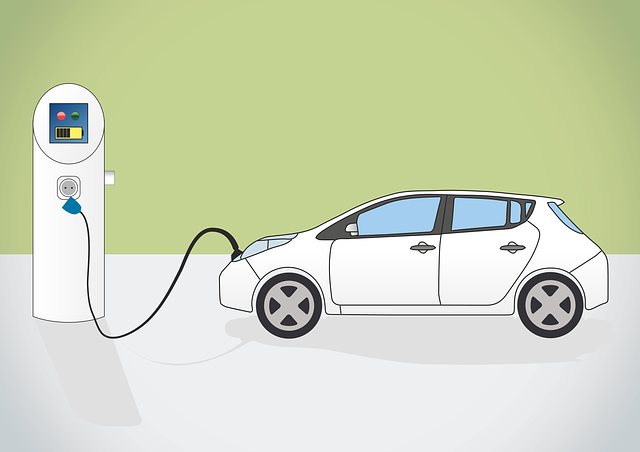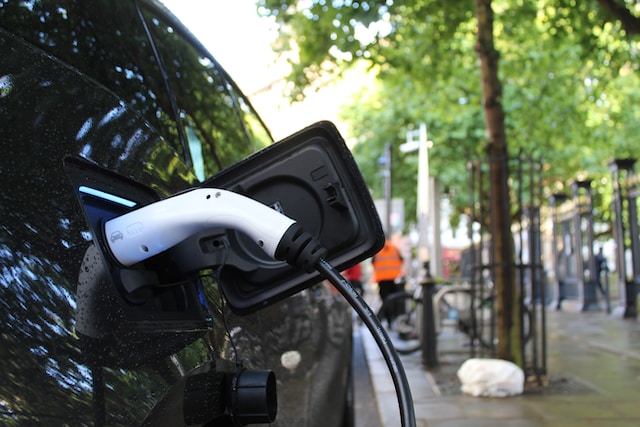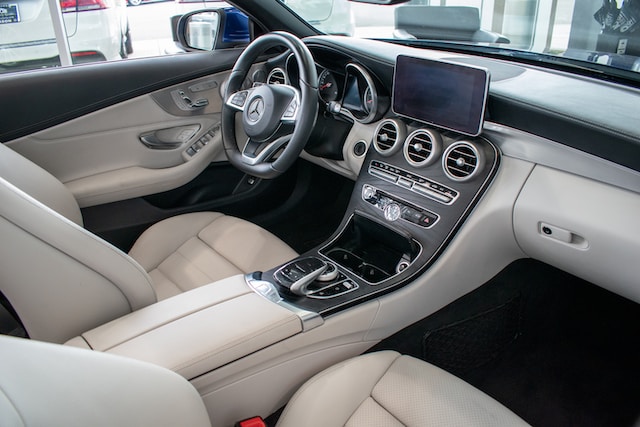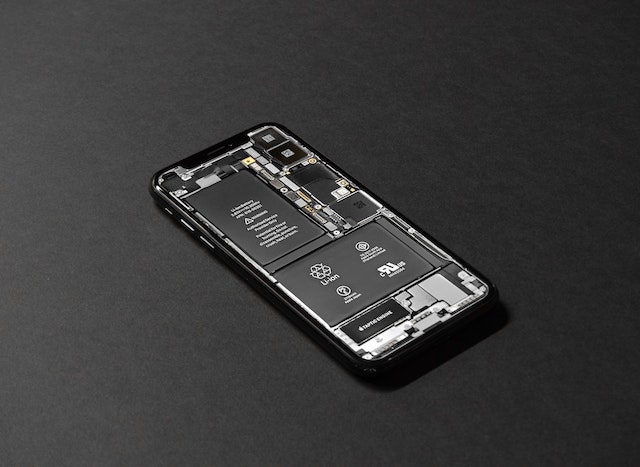Electric vehicles (EVs) are becoming more popular due to their environmental benefits and cost savings. With the rise of EVs, there’s a growing demand for electric vehicle charger installation. If you’re switching to electric cars, understanding EV charger installation is crucial. This guide covers everything from charger types to installation costs and processes, aiming for a thorough understanding of EV charger installation. Whether you’re a new EV owner or thinking about switching, this guide will help you understand EV charging.
Understanding EV Chargers: Types and Functions
EV chargers are essential for charging your electric vehicle. There are three main types of EV chargers: Level 1, Level 2, and DC fast chargers. Level 1 chargers use a standard household outlet and provide the slowest charging rate. On the other hand, Level 2 chargers require a dedicated 240-volt outlet and provide faster charging, making them the most commonly used type for residential and commercial EV charger installation. DC fast chargers, also known as “quick chargers,” are the fastest option and can charge an EV up to 80% in just 30 minutes.
Benefits of Installing an EV Charger at Home
With a charger in your garage or driveway, you can easily and quickly charge your electric vehicle without having to make trips to public charging stations. This also saves time and money in the long run, as you won’t have to pay for expensive charging sessions at public stations. Moreover, having an EV charger installed at home gives you the convenience of charging your car overnight while you sleep, ensuring that it is always ready for use in the morning. Installing an EV charger at home also adds value to your property and makes it more attractive to potential buyers in the future.
Factors to Consider Before Installing an EV Charger
Before you decide to install an EV charger, there are a few factors that you should consider. The first and most important factor is the cost of installation. While Level 1 chargers may only require a standard outlet and little to no additional expenses, Level 2 chargers, and DC fast chargers can be more expensive due to the need for specialized electrical work. You should also consider the location of your charger. If you live in an apartment or rental property, you may need to seek permission from your landlord or property management before installing a charger.
The Installation Process: What to Expect
The installation process for an EV charger may vary depending on the type of charger and location. However, there are some general steps you can expect when installing an EV charger. First, an electrician will conduct a site assessment to determine the best location for the charger and if any additional electrical work is needed. Next, they will install the appropriate wiring and outlet or charging unit. Finally, they will test and ensure that the charger is functioning properly before providing you with a demonstration of how to use it. The installation process may take a few hours or up to a full day, depending on the complexity of the job and any necessary permits that need to be obtained.
Cost of EV Charger Installation: Is it Worth it?
The cost of EV charger installation can vary depending on factors such as the type of charger, location, and any additional electrical work needed. On average, a Level 2 charger installation can range from $500 to $1,500, while DC fast chargers can cost upwards of $50,000. This may seem like a significant investment upfront, but it is important to consider the long-term cost savings and benefits of having an EV charger at home. It ultimately depends on your usage and needs, but for most electric vehicle owners, the convenience and cost savings make the upfront investment well worth it. Some states and utility companies offer incentives or rebates for EV charger installation, making it even more affordable for consumers.
Maintaining and Troubleshooting Your EV Charger
Once your EV charger is installed, maintain and troubleshoot any issues that may arise. Regular cleaning and inspection of the charging unit can help prevent any potential malfunctions. You should also be aware of any warning signs or unusual behavior from your charger and contact a professional electrician for assistance if needed. It is recommended to periodically test your charger’s functionality to ensure it is working properly. Make sure to follow the manufacturer’s guidelines for usage and maintenance to prolong the life of your EV charger.
Grasping the nuances of EV charger installation is important for every electric vehicle owner. With proper maintenance and troubleshooting, your EV charger can provide you with a convenient and cost-effective way to charge your vehicle. As electric vehicles continue to grow in popularity, investing in EV charger installation is a smart choice that will benefit you in the long run.







